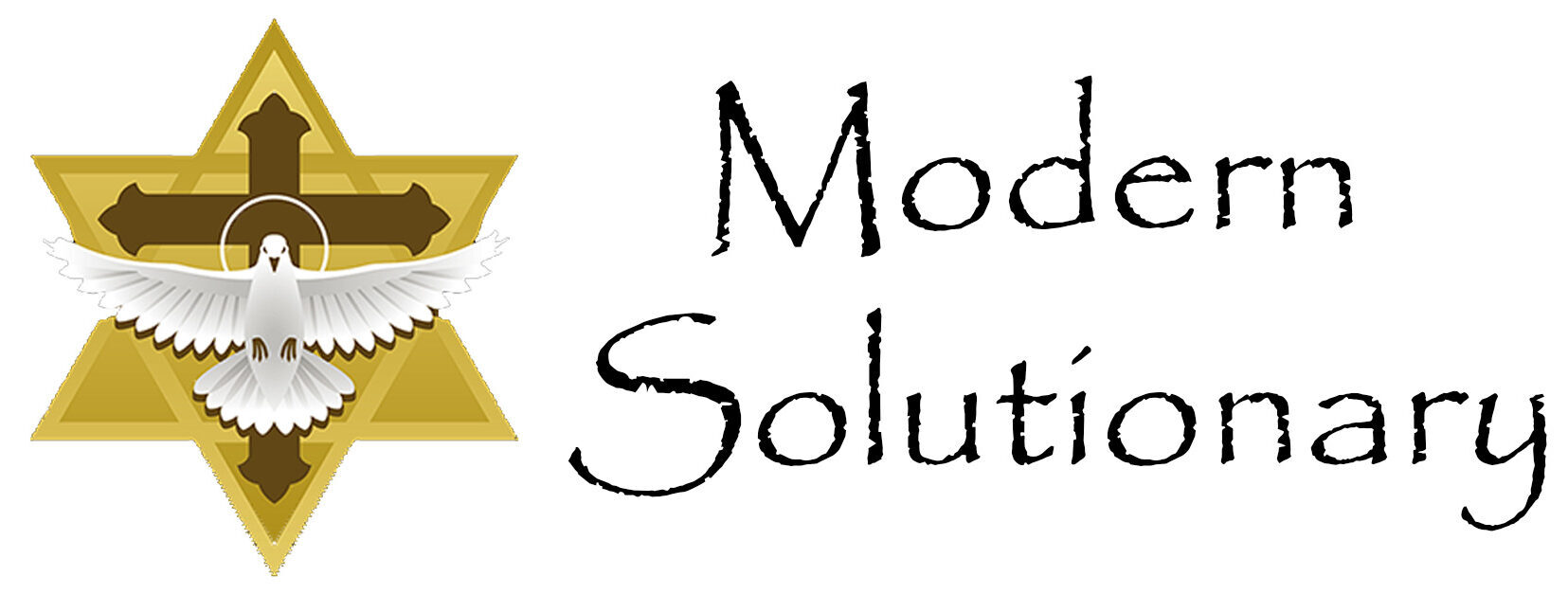
The English language is a funny one. Many words can be used to describe the very same thing and the same sounding words can mean something completely different. Yet, it is this confusing language that we must use every day to communicate important and vital messages to others. In our personal, business, and spiritual lives, to be effective, we must communicate. If the messaging is relayed by a trusted source of high moral character, then confusions can be cleared up without an issue. However, in this world of mass communication and anonymous messaging we lose sight of the fact that it is this inherent confusion that attracts those who wish to harm our way of life by abusing the very foundation of our freedom. These sources of civil descent have become experts at manipulating us through the very words that mean the most to us; using these precious words to twist emotions and enflame the passions of descent. And who do they start with, the weakest and most vulnerable, our children and the poor.
Take the word “Liberty”. The common and most used meaning as defined by Webster is: “the freedom to think or act without being constrained by necessity or force”. We are a free people, thanks to our Constitution and the brave men and women who gave their lives to make sure we remain so. Then again, it is this same liberty that allows others the right to question the very fabric that holds us free. Some would ask, are we free? Do we have the liberty to think or act without constraint? It is the true stewards of liberty that ask instead, “should we be able to be totally free to do whatever we wish?”
From an ethical perspective, total liberty may be unattainable. Many would have you believe that we are not truly liberated until we can do whatever we want, no matter what. That, “no matter what” statement goes against ethical and moral principles. So, is that the definition of liberty or is that the definition of hedonism; “a devotion, especially a self-indulgent one, to pleasure and happiness as a way of life”.
Through the centuries cultures and tribes of people have tried that “way of life”; it has been proven that any hedonistic group, thus far, consumes itself through the over-indulgent belief system it creates. The selfishness brought out by the flawed ideals breeds internal violence and contempt. Under this system the limits are always changing or being manipulated by sources of low moral or ethical character. The constant confusion leads to an untrusting populace infected with a decaying value system. No one can live in peace and prosperity if liberty is judged by the flavor of the month.
Does any of this sound familiar?
Consider how our health care has to deal with this very issue. Our medical providers and the insurance companies are feeling the consequences of the hedonistic society that we have become. Through our over-indulgence we are the heaviest we have ever been, more people are “self-medicating” with legal narcotics and in many States, we are continuing to expand the list of legal drugs. The ever-increasing cost associated with the results of this self-absorbed lifestyle is a driving factor in the health insurance battles we all face.
On the other hand, a society will thrive for centuries if it has at its core well defined boundaries or limits based on an ethical, moral, or spiritual code for the good of the entire society. The boundaries should make sense for all and be based on laws of nature so as to be permanent and stable. However, it takes strong leadership to maintain this form of civic structure; leaders who are not afraid to speak the truth even when the majority is being led down a spiraling path.
Anthony “Tony” Boquet, the author of “The Bloodline of Wisdom, The Awakening of a Modern Solutionary”
If this is my last post, I want all to know there was only one purpose for all that I have written; to have made a positive difference in the lives of others.
